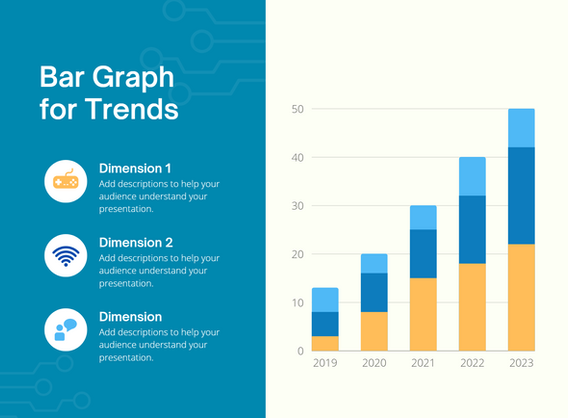Benchmark
For
Address Deficits


Use evidence of deficits to compare with outside standards or trends and keep up with the larger library community.
Data Story Format
"We are assessing our library's deficits in __[programs or services related to needs]__ to compare with __[standards or trends]__ so that we can keep up with expectations from other similar libraries by improving ___[programs or services]___."
Possible Use
We are assessing our library's current lack of conversation around sexual harassment of library workers on the job. We are comparing our library with others who have changed management practices so that we can keep up with expectations from other similar libraries by improving the safety of library employees.
Real Story Examples
We Can Do Better--Best (and Worst) Practices for Managers Responding to Sexual Harassment Claims: Sexual harassment from patrons has long been a significant issue for library employees, with managers and administrators often offering little support. By examining staff experiences and feedback, managers and administrators are provided ways to better communicate with their employees and front-line staff are encouraged to advocate for themselves and their safety without fear.
Staff Development: Providing opportunities for staff to pursue professional development and training that are related to their duties is vital given the current state of librarianship in the territory. LSTA grant funds enable the Niche Academy and conference attendance, as a resources for training and staff development. The academy is open to patrons as well for professional development.
Illinois Libraries Present: A Joint Programming Cooperative: This library enjoyed virtual events by chef Kwame Onwuachi, author Silvia Moreno-Garcia, and journalist Jenny Lawson among others due to this cost-sharing program among many Illinois libraries. "Costs were based on each library’s operating budget to make fees as equitable as possible. This allowed smaller or rural libraries to afford participation and made the programs accessible."
Wonderbook Purchase: In support of the Hawaii State Public Library System's strategic framework and areas of focus, particularly our dedication to strengthening early literacy efforts, the system purchased 20 Wonderbook titles for distribution across all 51 locations.
Data Visualization Recommendations
General Guidance
Benchmark: Consider using comparative bar charts to showcase (1) that the issue extends beyond local or regional boundaries, stemming from deeper underlying causes, or (2) that the problem has historical roots and necessitates increased input or resources for effective mitigation. or this could be represented by a separate line chart. In general, line charts are the best choice for indicating change over time.






